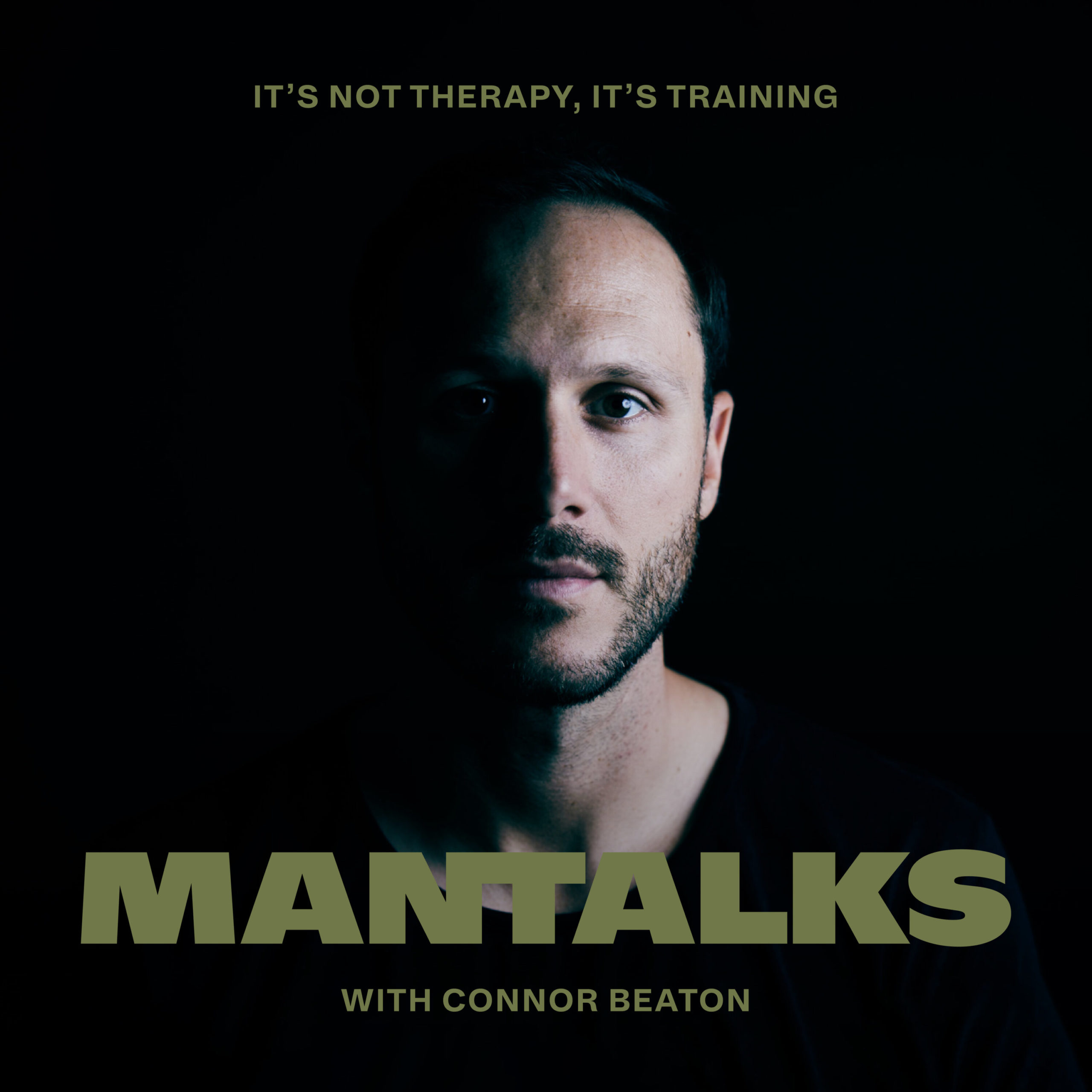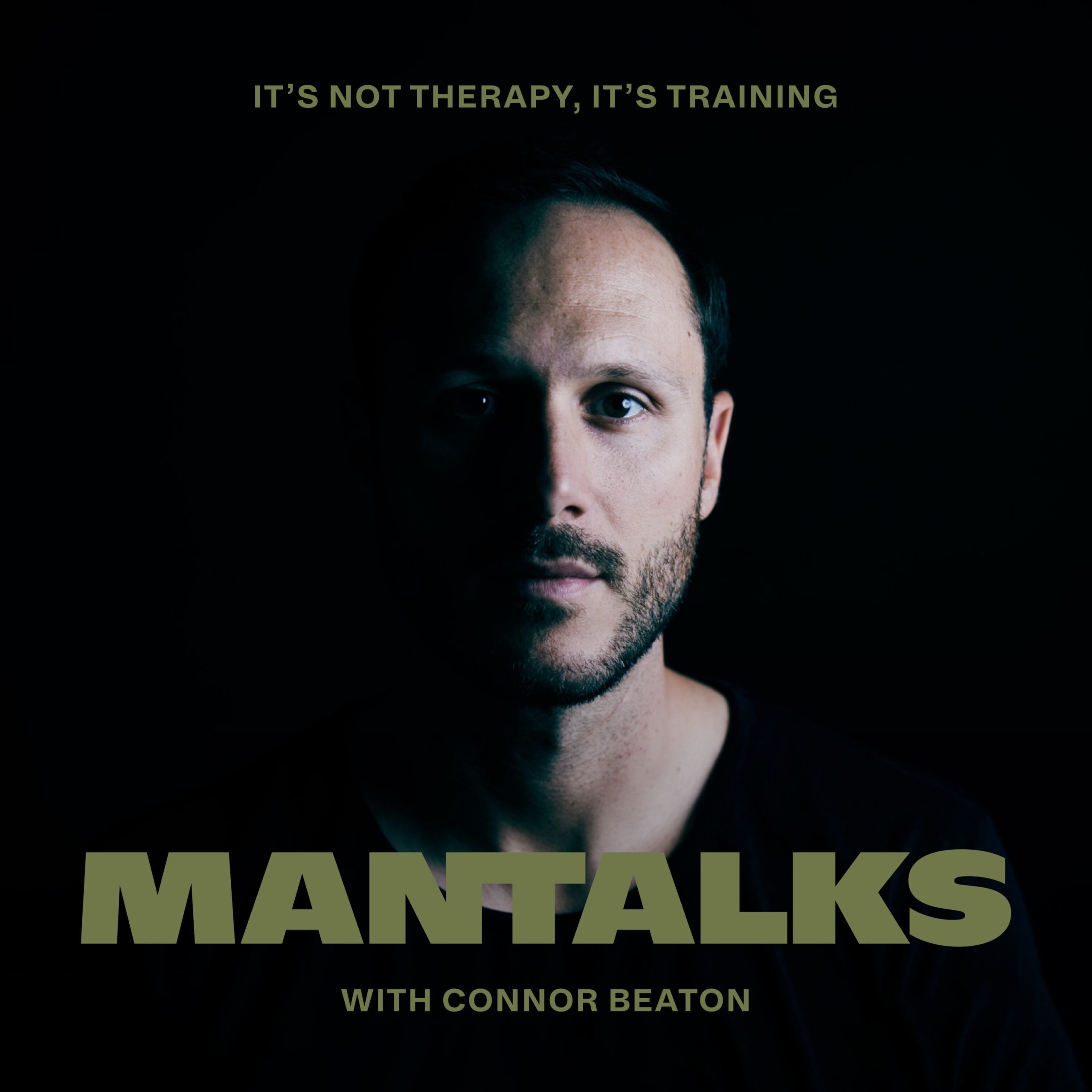Mark Greene believes a monolithic view of male privilege will impede progress toward gender equality.
In an article titled Now that I have checked my male privilege , Jim Vaughn is engaging a watershed dialogue regarding gender equality. In order to buy into this dialogue from Vaughn’s perspective (and mine) you have to buy into two central ideas:
- Male privilege is real and does a lot of damage in the world.
- The concept of Male privilege is sometimes used in ways that can be rigid and polemical; used to silence or marginalize men in spaces promoting social justice and change.
Vaughn’s article begins with a simple confirmation of male privilege:
As a graduate student, I have been checking my male privilege for several years. As a man I am more likely to run governments and corporations due to my gender, and I have the privilege of not seeing much of that privilege.
Male privilege is a universal thing, at least as it manifests at the meta level. If you can’t see this playing out, you’re either socially blinded or willfully ignorant. Across America and the world, we see the brutal and wide spread oppression of women, primarily by men. When I write about gender I first acknowledge that the collective oppression of women is worse then that faced by men. This is my baseline. Then I proceed to talk about issues of oppression faced by men. The result is comments asking “why do you have to start by saying that?”
People can be highly reactive about gender. The oppression olympics it is sometimes called, the temptation to compare body counts and levels of threat and abuse. Recently I tweeted about gender violence. An activist replied “We have to be explicit. ‘Gender’ violence is male violence.” The implication being that violence by women against men is so rare as to be irrelevant.
Like some who refuse to acknowledge the systemic oppression of women as fueled by patriarchy and male privilege, others refuse to acknowledge the widespread physical abuse of men by women, typically domestic partners. |
The widespread physical abuse of men by women, typically domestic partners, is anything but irrelevant. In the National Intimate Partner and Sexual Violence Survey—2010 Summary Report, the United States Centers for Disease Control and Prevention includes the following data:
More than 1 in 3 women (35.6%) and more than 1 in 4 men (28.5%) in the United States have experienced rape, physical violence, and/or stalking by an intimate partner in their lifetime.
That’s almost 40 million men.
Men and women face catastrophic challenges from social, cultural and political systems that are abusive, punitive, and by design, sets all groups against each other. This makes the struggles of both men and women equally valid and, more importantly, inextricably interlinked.
______
Which brings us to social justice language and how it operates.
Women’s rights activists rely on clear dramatic conceptual frames; frames like male privilege to drive change. These kinds of frames are effective tools for creating public awareness. But the frames we construct in opposing injustice are just that; constructed. As such, no matter how universally accepted a frame like male privilege may be, it must remain subject to deconstruction as well.
But frames like male privilege can become, for lack of a better word… privileged. In some spaces, male privilege has become the single over arching litmus test for whether or not a man is viewed as enlightened. Men are expected to admit that they, by definition, have a huge advantage in every single imaginable context.
But men don’t. In many contexts men continue to hold privilege. But in a growing number of contexts they do not.
Although men collectively maintain an advantage over women at the meta level, individually they are subject to widely varying levels of privilege in new and emerging contexts. Many of these contexts have been intentionally created in opposition to patriarchy. And they are operating as intended. Men have less privilege in these contexts, sometimes none.
For example, put a man in a gender studies classroom. Or a family court proceeding. Or employ a man as a nurse in a field that continues to be dominated by women. (One study showed that over 89 percent of the male nursing participants reported hearing anti-male remarks from faculty in the classroom.) Or put a man on the wrong side of the law, sitting across from a woman represented by a discrimination & sexual harassment law firm.
I cite these examples not to say that the world is unfair to men. I cite them as examples of contexts in which male privilege is clearly eroding. |
I cite these examples not to say that the world is unfair to men. I cite them as examples of contexts in which male privilege is clearly eroding. What this indicates is that although male privilege may have been monolithic fifty years ago, it simply no longer is. It is splintering. Fragmenting. And justifiably so. There remains more work to be done.
Vaughn notes:
As Michel Foucault states, power in (post)modernity is constantly resisted and is not possessed by individuals…Men’s macro power has been rightfully resisted through bureaucratization from a strong feminist lobby, government programs for women and girls, and the like. Men’s power does not automatically translate into a privileged experience, there is some turbulence between the two.
Applying frames like monolithic male privilege is understandable when fighting clear cut instances of the oppression of women but it can become counter productive in the liminal spaces where change is evolving. As more wide ranging expressions of gender emerge, our monolithic view of male privilege must become more nuanced, because any monolithic or static frame that seeks to encompass something as miraculously complex as emerging gender roles cannot help but be under-developed. Applied over and over as a monolithic “fact”, binary views of male privilege will do the most damage in spaces where men are actively engaged in self reflection and social change.
Said another way, in the evolving world of gender and justice, declaring someone else’s privilege can be the new privilege. We all need to go carefully here. Or we risk calcifying an ever increasing set of counterproductive binary frames. This is the liberal infighting your mother told you about. It got Nixon and Reagan elected. It is a bad thing.
Let me be clear. It’s not the erosion of unearned privilege that is problematic, but the pursuit of equality by putting men down that is problematic. It still maintains the system of oppression that is at the heart of our culture’s problems. It just flips the groups.
In the evolving world of gender and justice, declaring someone else’s privilege can be the new privilege. We all need to go carefully here. |
Privilege will eventually become gender neutral. Privilege has always existed somewhere on an intersectional continuum, changing contextually hour by hour depending on who we are with and where we are located, intellectually, socially, professionally, sexually, spiritually and so on. The participants are just wider ranging now.
_____
Men are moving into parenting, care giving, and other spaces once viewed as feminine. Men are increasingly expressing sexuality or gender in non-traditional ways. Men are becoming more empathetic and emotionally literate. Rebelling against gender norms is no simple task, and it can result in a lifetime of abusive pushback from patriarchal men and women. For the most gender radical of men, the risk of being assaulted or murdered still exists. The battle is by no means over. But real substantive and irreversible change is happening.
I realize that privilege is historical. That on one level, men have a debt to pay, an obligation to work towards gender equality. Men who seek to disengage from patriarchal male privilege have still benefitted from a lifetime of living in that patriarchal system. (And likely paid a painful cost as well.)
No matter how significant male privilege is currently, it is no longer monolithic. |
I do not suggest we remove the term male privilege from common use or even modify the frequency of its use, but men and women must go carefully. Emma C Williams states it eloquently in her article titled On Privilege and Being Human:
When the counsel to “check your privilege” is used as a bludgeon rather than a gentle reminder that we each have our own perspective on the world, it drives potential allies away from the people who need them the most. It also belies the very concept that empathy is even possible – and without empathy, we lose our humanity and each other.
No matter how significant male privilege is currently, it is no longer monolithic. Women are rightfully taking a share of power. Men are intentionally walking away from traditional manhood. Change is happening.
Perhaps going forward the solution is to hold universally accepted frames like male privilege more lightly, elevating a range of alternative frames to equal importance. By seeing others via a multitude of frames, we invite opportunities to contextually realign our thinking; to notice the gender performances that are emerging and to design the path forward to a place where masculinity is about equality, not the assumption of privilege; either by men or by women.
I understand there are many places where male privilege remains a brutal force for the oppression of women and girls. In such contexts, the relative niceties of holding concepts lightly are justifiably irrelevant. But in the spaces where working for gender change has created safety and the opportunity for dialogue across all kinds of barriers; gender, race, sexuality and otherwise, we must encourage more dialogue, more participation, more variability and more acceptance, not less.
Because there is no other way forward.
This article originally appeared on the Good Men Project.
Read More By Mark Green:
Why Traditional Manhood is Killing Us
________________________________________________
Greene writes and speaks on men’s issues for the Good Men Project, the New York Times, The Shriver Report, Salon, HLN, and The Huffington Post.
Sign up to the ManTalks newsletter and every week we’ll send you an email with the week’s top articles and interviews.
[fc id=’3′][/fc]




